More types of dental implants are being created all the time. There are actually more than 40 different types in use today, and we will cover some of the most commonly used ones here.
Conventional Implants
The ones that are most commonly in use are the size of a tooth. They can be used to replace one, two, or more teeth at once. The implant is simply made larger and more teeth are added onto it to accommodate the missing teeth. These are bolted to the jawline through metal screws that are embedded into the bone.
For multi-tooth replacements, more implants are required. To replace an entire mouth full of teeth, at least four implants are needed and sometimes as many as eight. This is far fewer implants than have been required in the past.
Mini and Micro Implants
Mini implants are only a few fractions of a millimeter smaller than regular implants. They use smaller bolts and take up less space. Micro implants, while not commonly used, are even smaller. They are used when the space between teeth is very small, but the patient would like a very secure tooth placed in there instead of a less stable bridge.
Fixed Bridgework
While bridges tend to differ from implants, there are bridges that are supported by implants. These don't rely on the surrounding teeth as much, as conventional bridges would. Instead, they are supported entirely by the implant and are incredibly stable and secure. Generally, this kind of implant would be used to replace only a single tooth. At times, this type of implant may provide support for a removable bridge, which can be taken out of the moth at will. The bridge can simply be reconnected easily by the patient when they want to put it back in.
Over-Dentures
An over-denture is used when a patient has lost all of their teeth or all of the teeth on a single jawline. The over-denture helps protect the gum and bone from the kind of resorption caused by dentures rubbing up against the gum line. This leads to bone loss, but it can be prevented by using a dental implant. The implant goes into the bone, as per usual, and raises the denture above the gum line, protecting the bones underneath.
Tooth Movement
When teeth need to be moved around and shifted slightly, implants can be use dot anchor them properly and ensure they go where they are supposed to. Orthodontics will often require that teeth move slightly for better alignment. This is an essential part of braces, and to ensure that the teeth do not move too far and that proper alignment is achieved, dental implants can be used to secure the teeth and prevent excess movement.
Temporary Implants
Sometimes, micro-implants are used to secure bridgework that is meant to be temporary. This bridgework is used in place of the actual replacement teeth. When those teeth are ready and the mouth has healed, then the micro-implants can be taken out and the full-sized ones can be used.
How Much Do Dental Implants Cost?
| Type | Approximate price |
|---|---|
| Fixed bridge | £250 - £800 |
| Single tooth implant | £700 - £2500 |
| Mini implant | £400 - £1500 |
Sources and References
- [1]
-
[2]
Combined Implant and Tooth Support: An Up-to-Date Comprehensive OverviewInternational Journal of Dentistryhttps://pmc.ncbi.nlm.nih.gov/articles/PMC5382302/
-
[3]
Implant and root supported overdentures - a literature review and some data on bone loss in edentulous jawsThe Journal of Advanced Prosthodonticshttps://pmc.ncbi.nlm.nih.gov/articles/PMC4146723/
-
[4]
Comparison of three different types of implant-supported fixed dental prostheses: A long-term retrospective study of clinical outcomes and cost-effectivenessClinical Oral Implants Researchhttps://pubmed.ncbi.nlm.nih.gov/30758878/
All sources accessed and verified on . Medical information reviewed for accuracy and compliance with current guidelines.
Related Articles

6 Month Smiles – Cost and Reviews
A comprehensive guide to 6 Month Smiles treatment, including costs, benefits, procedure details, and patient reviews

All-On-4 Dental Implants – Costs and Information
Comprehensive guide to All-on-4 dental implants, including the procedure, success rates, costs, healing process, and how this treatment replaces a full arch of teeth
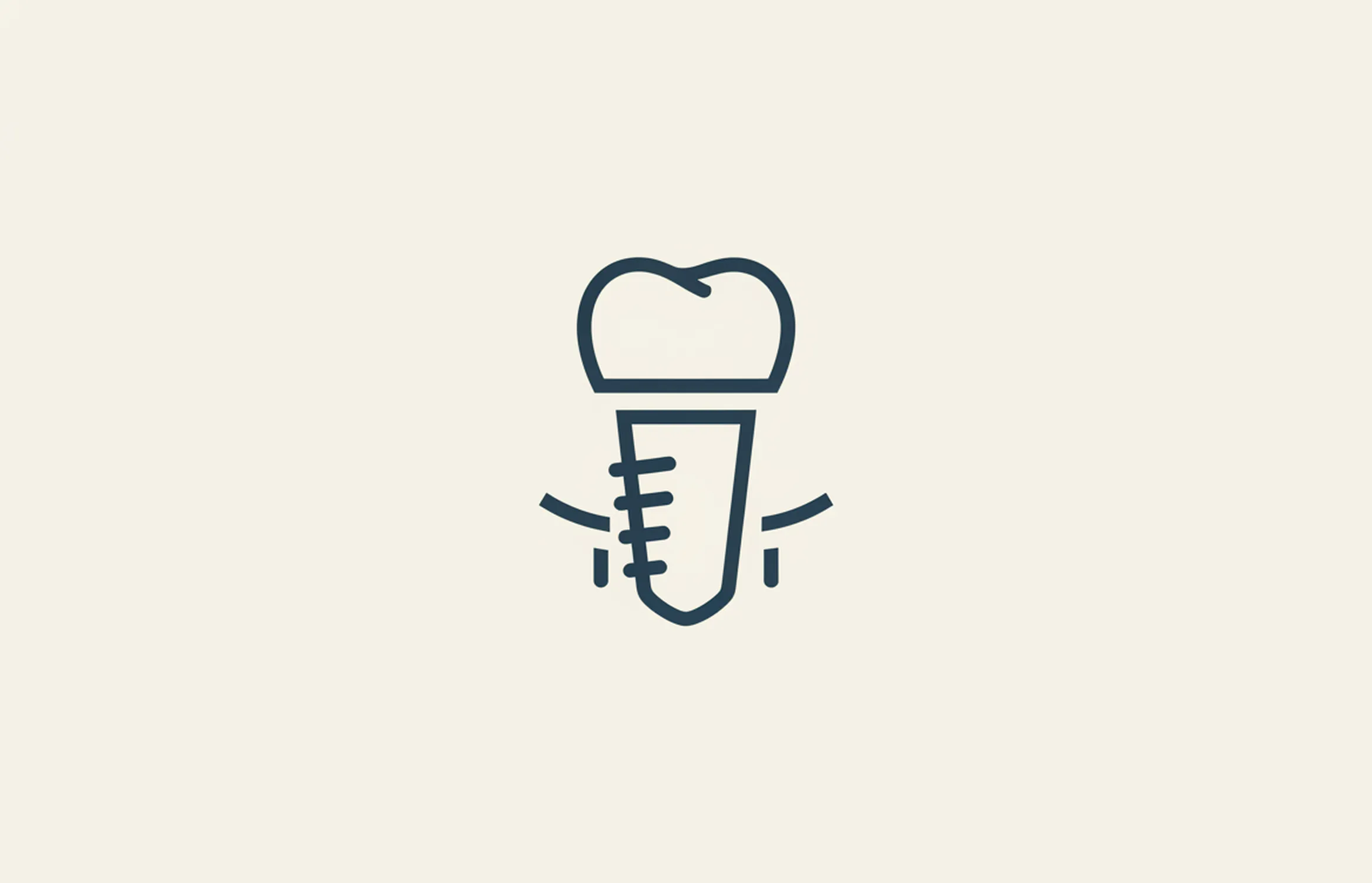
Ceramic Dental Implants
Understanding zirconia ceramic dental implants as a metal-free alternative to titanium, including benefits, longevity, biocompatibility, and clinical success rates

Clear Choice Dental Implants
Understanding Clear Choice dental implant services, the consultation and treatment process, same-day teeth options, full-arch rehabilitation, and what to expect from this specialized implant provider
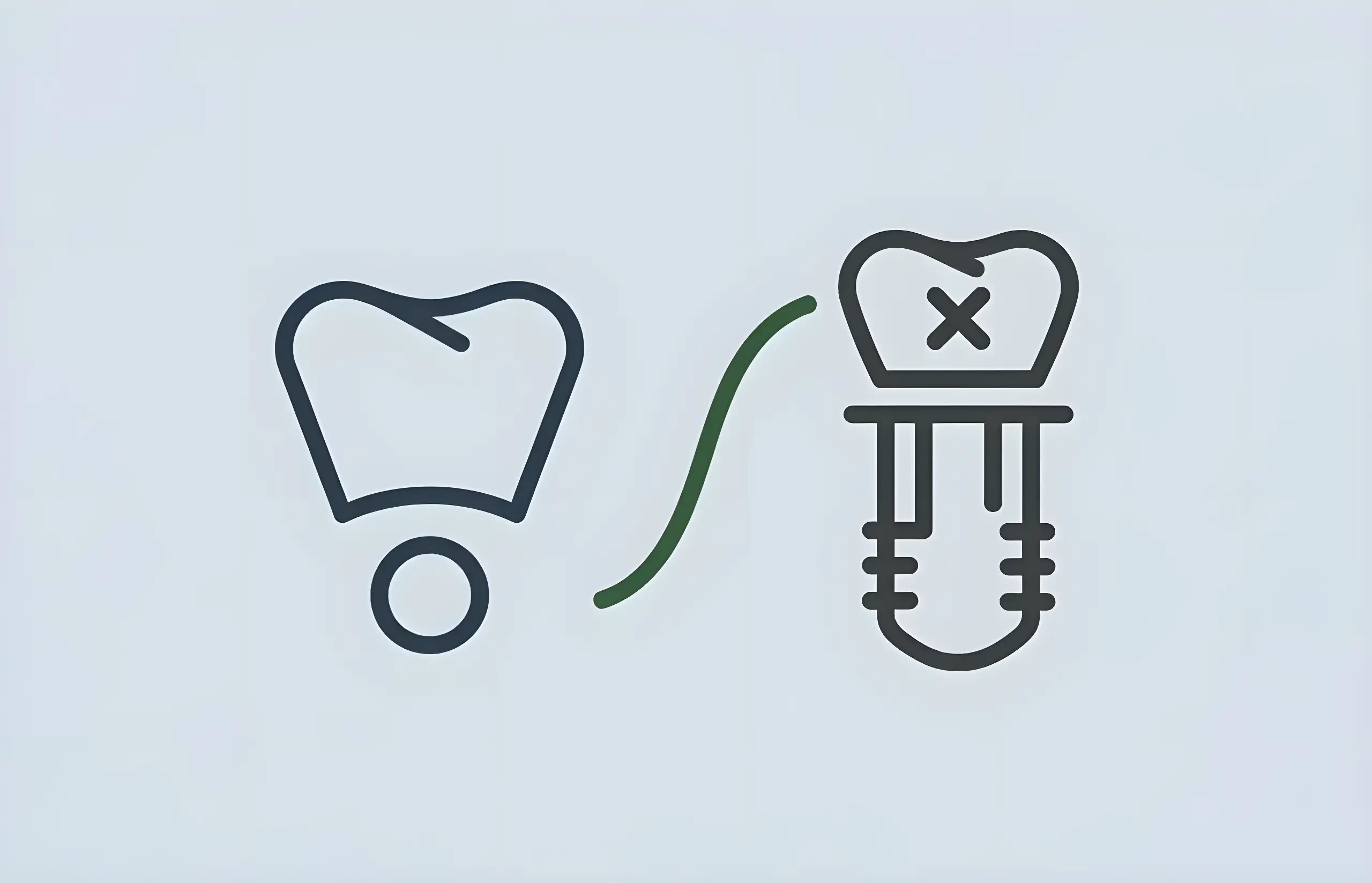
Dental Crown vs Implants
Comprehensive comparison of dental crowns and implants for damaged teeth including procedures, costs, longevity, when to save vs extract a tooth, and which option is best for your situation
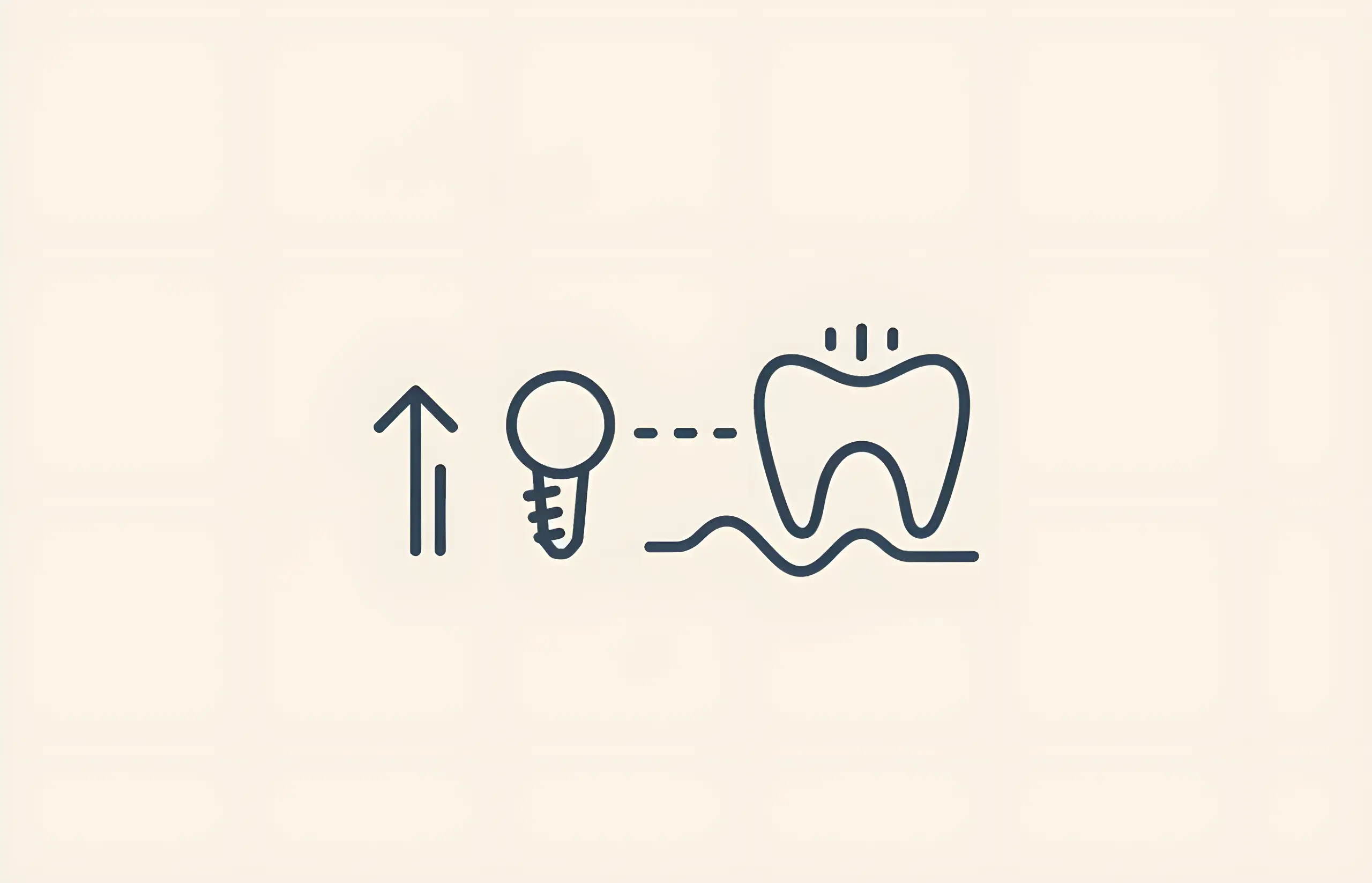
What Is The Dental Implant Healing Time Before Crown Placement?
Understanding osseointegration and the 3-6 month healing process between dental implant surgery and permanent crown placement

Dental Implant Costs In The UK – Single Tooth and Full Mouth
Complete guide to dental implant costs, financing options, success rates, and what to expect from single tooth to full mouth implant treatments in the UK

Full Mouth Dental Implants – Costs and Information
A comprehensive guide to full mouth dental implant rehabilitation, including procedures, healing times, success rates, and UK costs
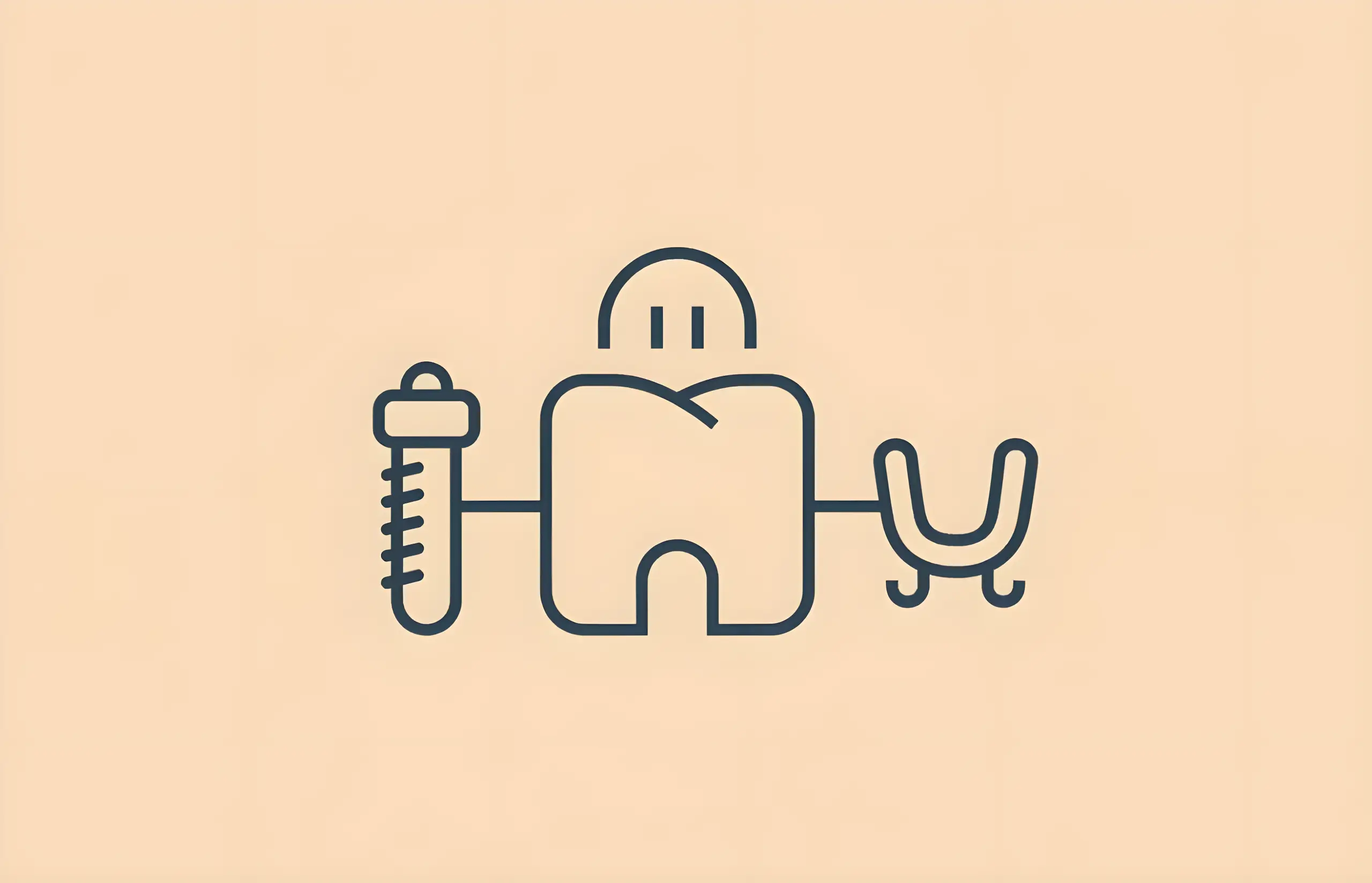
Missing Tooth Replacement Options
Compare dentures, bridges, crowns, and dental implants for replacing missing teeth including costs, benefits, and which option is best for your needs

A Guide to Mini Dental Implants
Comprehensive information about mini dental implants, including what they are, the installation process, success rates, costs, and how they compare to traditional implants
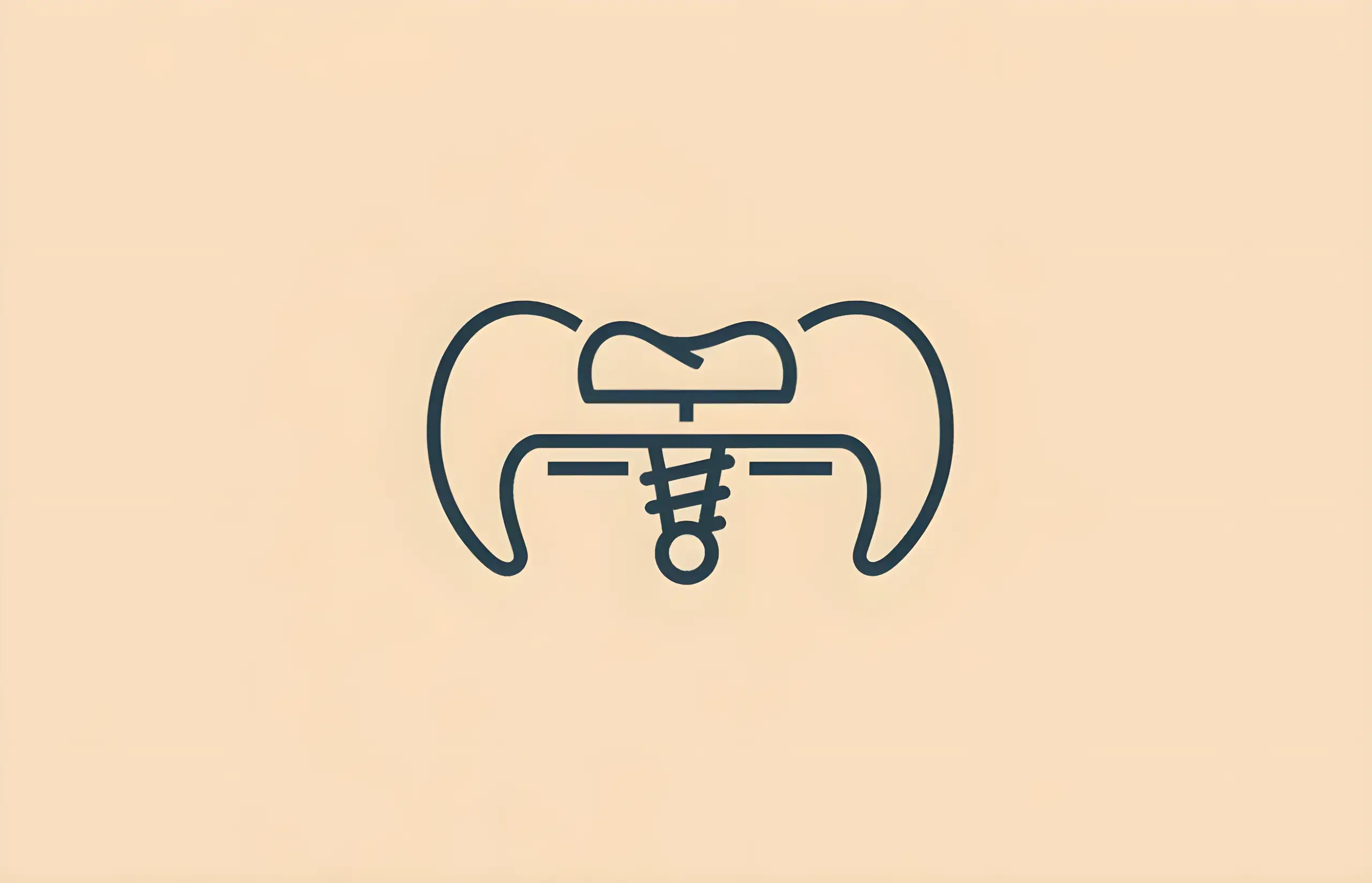
Zimmer Dental Implants
Comprehensive guide to Zimmer dental implant systems, including their tapered screw-vent technology, quality standards, and why dental professionals trust these proven implant solutions
About The Dental Guide
The Dental Guide is a trusted online resource providing evidence-based information about dental health, treatments, and procedures. Our content is created and reviewed by qualified dental professionals to help you make informed decisions about your oral health.
Our Mission
- Evidence-based dental information
- Expert-reviewed content
- Clear, accessible explanations
- Latest treatment options
- Patient-focused guidance
Editorial Standards
- GDC-registered dental professionals
- Peer-reviewed sources
- Regular content updates
- Medical accuracy verification
- Transparent authorship
Important Notice
The information on The Dental Guide is for educational purposes only and should not replace professional dental advice. Always consult with a qualified dentist for diagnosis and treatment recommendations tailored to your individual needs and circumstances.
Medically Reviewed
Reviewed by Dr. Nasim Mechoui , BDS (Bristol)
Share this article
Comments & Discussion
Have questions about dental implants? Share your thoughts or experiences.
